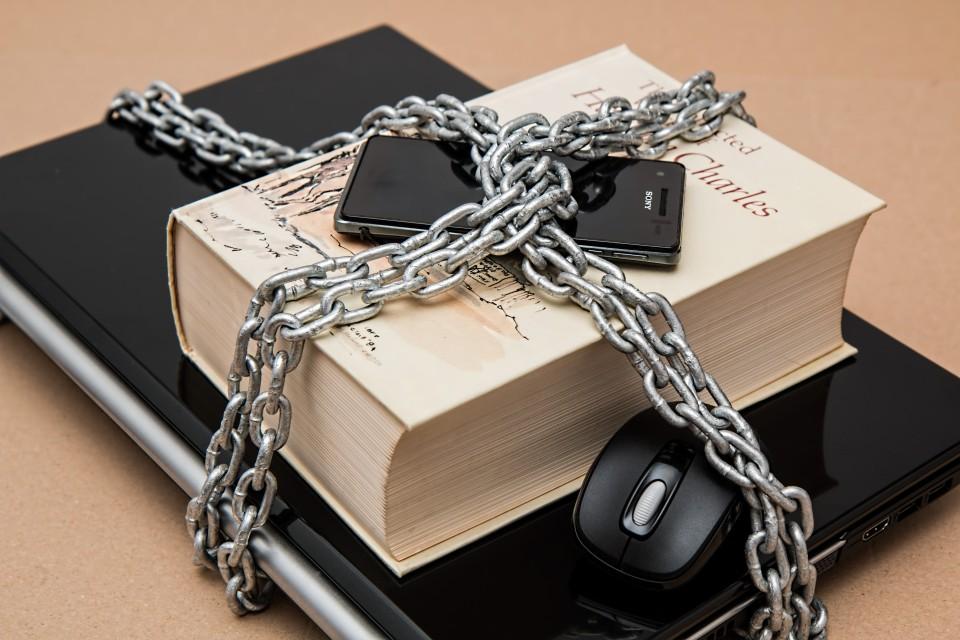At some point in time, employees are bound to leave the organisation. As you bid farewell to your employee when he or she leaves, how do you ensure that they do not take sensitive company information along with them?
In an ideal situation, people will leave the company under friendly circumstances and return back to company accumulated their years of hard work. Unfortunately, that ideal world does not exist. More often than not, people leave the organisation on a rather unhappy or bad terms. If it is the latter, there is the risk that these employees would attempt to put the company in the bad light by leaking confidential information about the company.
Here are some steps and protocols which organisations should adopt to ensure that no data leaves with an employee who has resigned or was terminated.
Control Employee’s Access To Company Information
Steps should be taken to ensure that the leaving employee accesses’ to the company’s IT system and folders should be completely revoked. Ideally, this should be done at the earliest reasonable time, whether it is at the date or resignation, termination or at the start of their garden leave. Furthermore, while these systems may be located or accessed via the employer’s premises, do remember that other off-site items such as laptops or tablets should be wiped as well. This will minimise the risk of the leaving employee stealing sensitive information or gaining access into the company’s IT system even after he or she has left.
Utilizing Garden Leave To Limit Leaving Employees Information
Depending on the terms of the contract, many companies grant their leaving employee garden leave, regardless of whether they are joining a competitor company or not. Essentially, a garden leave is when an employee resigns and is required to stay away from work during the notice period while still remaining on the payroll. This is extremely useful in preventing an employee from immediately joining a competitor and risk stealing sensitive information over to the new company.
Create Thorough Processes To Ensure Information Is Returned
Employees might be bound by contractual terms to return and not to use confidential information belonging to the employer. Such information may relate to a company’s private financial information, sales figures, customers lists and so forth. Hence, steps should be taken to identify and recover these confidential information, be it documentary or electronic. Furthermore, ensure that all off-site devices belonging to the leaving employee, such as tablets and laptops, should be return. Implementing these steps early in the process can reduce the possibility of company’s information being leaked or used by the leaving employee for their own purposes.
Openly Communicate With Your Staff
In some situations, a leaving employee may approach other employees to try and persuade them to leave as well. Communicate with your employees to ensure a clear understanding that such behaviour is not acceptable and might be a breach to their own contractual obligations as well. Furthermore, be proactive in encouraging them to report any incidents a leaving employee make unlawful advances or caught stealing company’s sensitive information.
With data breaches becoming increasingly prevalent in the workplace today, coupled with a handful of potential thirsty-for-revenge employees, organisations need to take extra precautions to safeguard the company whenever an employee leaves. It might be a tedious task but it is necessary to enforce these steps. Ultimately, your company’s reputation and security of your customers and clients depend on it.












